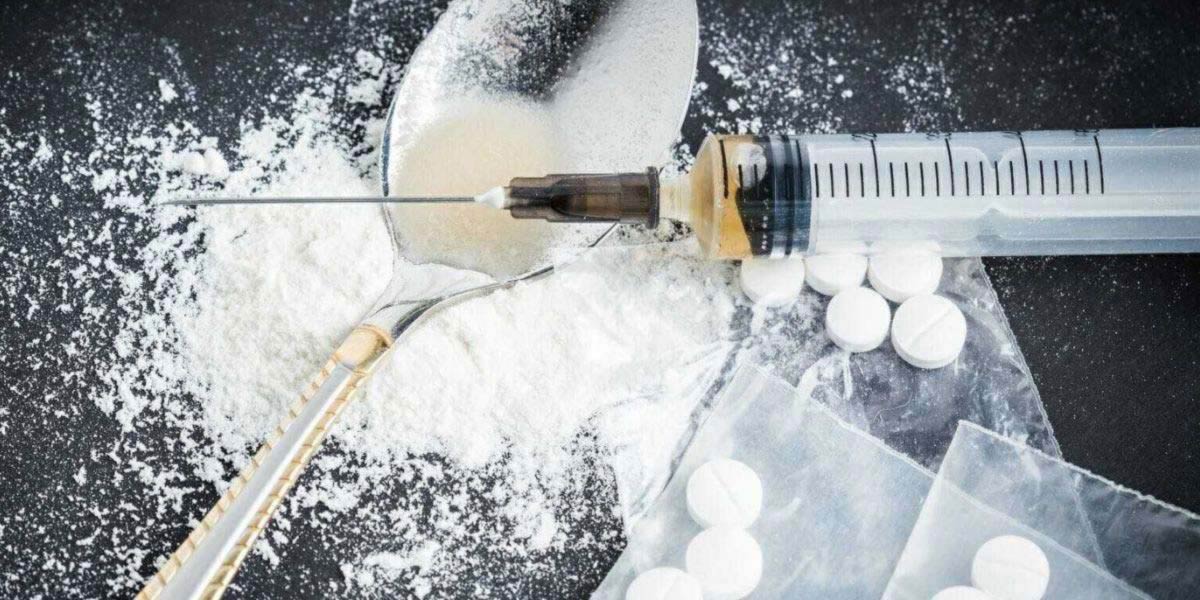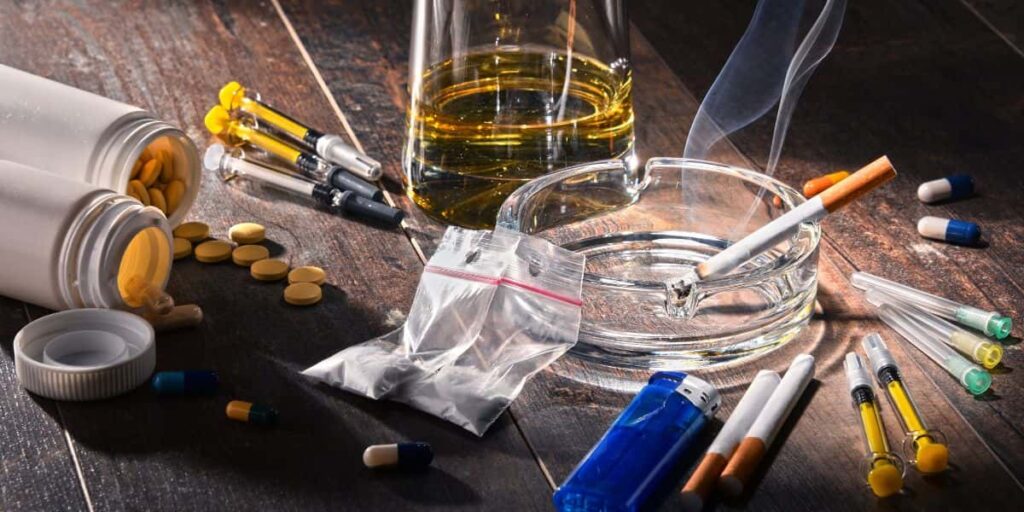PCP Effects and Signs of Use


Medical Writer:
Reviewer:

Johnny Kim
Executive Psychotherapist
Medical Writer:
Reviewer:

Johnny Kim
Executive Psychotherapist
PCP’s effects and symptoms have made it popular in the illegal drug trade. However, it has serious risks for medical use. This was its original purpose. However, the drug’s hallucinogenic and manic adverse reactions surpassed any potential advantages in healthcare.
Originally designed for medical use, PCP transitioned to the illicit market, mirroring the trajectory of other hazardous substances. It doesn’t serve clinical use because of the same adverse reactions, which has bolstered its popularity among drug users.
Table of Contents
ToggleMany people think PCP, also called angel dust, is old-fashioned. Many people believe PCP, also known as angel dust, is outdated. However, this trend is causing an increase in injuries. It also leads more people to seek help for addiction at emergency rooms and rehab centers.
From 2005 to 2011, emergencies involving PCP rose by 400% because of its effects and the false beliefs it creates.
What Is PCP?
Phencyclidine, better known as PCP, stands out as an illicit, mind-altering drug. It slows down the central nervous system. However, unlike alcohol or opioids, it can also make you feel extremely energized. It can also make you feel disconnected from reality.
Scientists created PCP in the 1950s as a surgical anesthetic. However, severe side effects led to its discontinuation in the 1960s. These side effects included hallucinations and agitation in patients.
The United States considers PCP a Schedule II drug because of its high potential for abuse and addiction. This classification is based on how the drug can cause strong physical and psychological dependence.
PCP Street Names
Veterinarians used PCP as a sedative, leading to slang terms for the addictive drug. Common PCP slang terms that often reference animals or the drug’s different forms include:
- Angel dust
- Peace pill
- Rocket fuel
- Horse tranquilizer (also used for ketamine)
- Hog
- Embalming fluid
- Sherm
- Monkey dust
- Wet
What Does PCP Look Like?
On the streets, PCP is found in various forms, such as liquid, pills, crystals, capsules, loose powder, or white crystalline powder. This variety allows individuals to select their preferred method of consumption, whether it be smoking, snorting, swallowing, or injecting. Frequently, PCP is combined with other substances, leading to distinct interactions and side effects.

What Is PCP Made Of?
Illegal manufacturers predominantly produce PCP in secret, makeshift laboratories, with only a small quantity made for research purposes. Production conditions contaminate PCP with pollutants. Dealers add dyes to hide them from authorities.
The “bucket method” is a term coined by the US Department of Justice (DOJ). Mix all PCP ingredients in a large container, such as a bucket or trash can, before distributing them. The components used in PCP synthesis are inexpensive and readily accessible, yet they are unstable and highly flammable. In some cases, dealers also coat tobacco or plant matter with liquid PCP to facilitate smoking.
Frequently encountered ingredients in PCP production are:
- Piperidine utilized as an organic base in various drugs
- Bromobenzene, a solvent typically found in motor oil
- Ether, a highly volatile liquid used in starter fluids
- Hydrochloric acid, a corrosive substance used in industrial cleaners
- Potassium cyanide employed for fumigation and in acts of suicide
Signs of PCP Use
Symptoms of PCP misuse may appear quickly following initial use or after continued consumption. Watching for changes in the body and mind of a loved one who may be addicted to PCP is important. This drug can impact both physical and mental health.
Keep an eye out for any unusual behaviors or symptoms. Seek help if you suspect someone you value is struggling with PCP addiction.
Indicators and symptoms associated with PCP consumption include:
- Prolonged vacant stares
- Remaining immobile for extended periods
- Sudden, jerky, involuntary eye movements
- Gazing at nonexistent objects
- Feeling hot because of increased body temperature
- Excessive drooling
- Increased perspiration
- Displaying abnormal strength
- Lack of response to pain
- Unpredictable behavior
- Aggressive explosions
- Self-injurious actions
- Engaging in risky behaviors
- Physical reactions to imagined stimuli
- Difficulty ceasing PCP use
- Experiencing withdrawal symptoms upon discontinuation
- PCP can make people feel stronger and invincible, leading them to do dangerous things. This can result in harm or even death, causing many to end up in the emergency room or die. This leads them to do dangerous things that can cause harm or even death.
PCP Effects
The effects of PCP differ from person to person. It depends on how it is taken, the amount used, other substances in the body, and the strength of the doses. Its powerful and enduring effects contribute to PCP’s addictive nature and its classification as a hazardous substance.
PCP effects start within 5 to 40 minutes after taking it and can last for 4 to 24 hours or more. People who use PCP feel its effects strongly, which is different from what others see when they watch someone using it.
Short-Term Effects of PCP
The short-term effects of PCP cease once the drug is eliminated from the system and the body’s chemical equilibrium is reinstated.
The immediate effects of PCP usage can manifest as:
- Sensations of numbness
- Feelings of euphoria
- Experiencing dizziness
- States of drowsiness
- Confusion or disorientation
- Speech that is slurred or unusually rapid
- Engaging in behavior or expressing uncharacteristic thoughts
- Elevated blood pressure
- Increased or irregular heart rate
- Complete immobility
- Fixating visually on a single point
- False beliefs in one’s physical abilities or strength
- Altered perception of time
- Aggressive feelings or actions
- Episodes of panic
- Feelings of anxiety
- Occurrences of seizures
- An inclination toward risky behaviors
Long-Term Effects of PCP
The long-term repercussions of PCP usage can persist even after the drug has been purged from the body. Individuals may undergo unexpected flashbacks for years after ceasing PCP use. Moreover, PCP has the potential to exacerbate pre-existing mental health conditions and provoke enduring alterations to one’s personality.
The prolonged consequences of PCP use encompass:
- Paranoia
- Social withdrawal
- Difficulty speaking
- Significant weight loss
- Memory loss
- A pervasive feeling of impending catastrophe
- Issues with memory retention and recall
- Thoughts of self-harm
- Aggressive imaginings and daydreams
- Lasting harm resulting from delusional actions
- Recurring hallucinations or persistent unwanted thoughts
- Cardiac impairment
- Brain damage
- Persistent tiredness
- Coma and death

Get PCP Addiction Treatment Help
At White Oak Recovery Center, we treat PCP addiction by looking at the whole person, not just the addiction. We believe in addressing all aspects of a person’s health and well-being. This approach allows us to provide comprehensive care that supports long-term recovery. We can help people with addiction by looking at all aspects of their lives and addressing any underlying issues.
We aim to help our clients achieve lasting sobriety and fulfilling lives. This approach helps with recovering from the physical and mental effects of PCP misuse. It also helps with recovery from the physical and mental effects of PCP misuse.
Our treatment specialists are ready to help you start a new and healthy lifestyle. Let us guide you through the first steps. Contact us today to begin your journey towards recovery.

Am I covered for addiction treatment?
Your insurance may cover treatment. Call now for an entirely free and confidential assessment. Recovery starts with a phone call.

- Bey, Tareg, et al., “Phencyclidine Intoxication and Adverse Effects: A Clinical and Pharmacological Review of an Illicit Drug.” Cal J. Emergency Medicine, Feb. 2007.
- “PCP Fast Facts.” National Drug Intelligence Center of the US Department of Justice, Jan. 2006.
- Bush, Donna M., “Emergency Department Visits Involving Phencyclidine (PCP).” Substance Abuse and Mental Health Services Administration, Nov. 2013.
- Mozayani, A., “Phencyclidine – Effects on Human Performance and Behavior.” Forensic Science Rev., Jan. 2003.
Medical Disclaimer:







